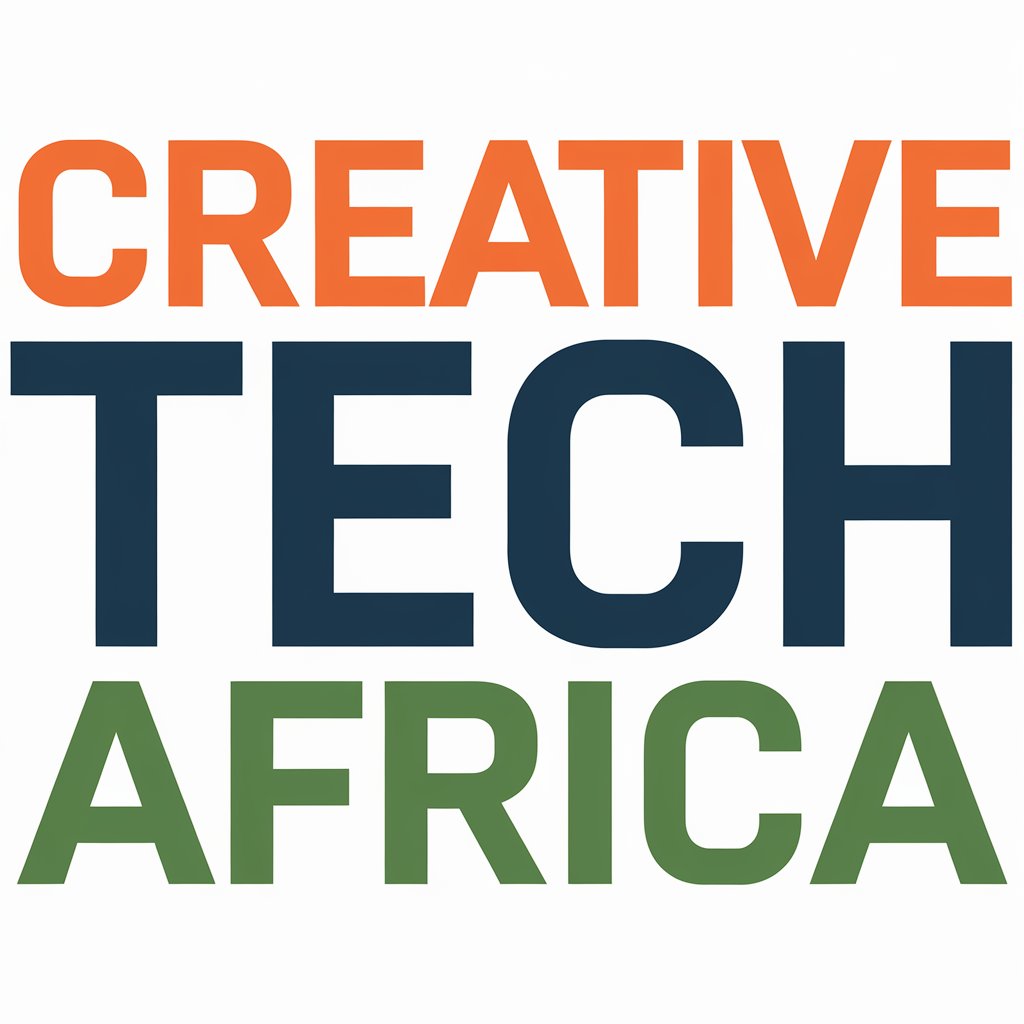From healthcare to entertainment, artificial intelligence (A.I) is transforming a number of industries. However, what about the financial industry? In particular, can A.I trading truly forecast and profit from market changes, and is it a real thing? This article explains artificial intelligence (A.I) trading, how it operates, and how it differs from conventional trading.
What Is A.I Trading?
A.I trading refers to using artificial intelligence algorithms and machine learning techniques to analyze and trade in financial markets. It’s not just theoretical; it’s actively used by hedge funds, banks, and even retail investors. The idea is to leverage vast amounts of data, detect patterns, and make decisions faster and often more accurately than humans.
Think of A.I trading as having a super-smart assistant that doesn’t sleep, can crunch numbers instantly, and learns from each trade to get even better.
How Does A.I Trading Work?
A.I trading relies on several core components to function effectively:
- Data Collection: The A.I collects historical and real-time data from markets, news sources, social media, and even geopolitical events.
- Data Processing: Using machine learning models, the A.I processes this data to find patterns and predict trends.
- Decision Making: Based on its findings, the A.I makes a decision — buy, sell, or hold.
- Execution: The system automatically places trades, often within milliseconds, which is crucial in high-frequency trading.
Key Techniques in A.I Trading
- Algorithmic Trading: Predefined rules execute trades when certain conditions are met.
- Machine Learning: Models improve over time, recognizing patterns and trends from new data.
- Natural Language Processing (NLP): Analyzes news, social media, and other text-based information to gauge market sentiment.

Why A.I Trading? The Benefits
Here’s why A.I trading is attracting attention from traders worldwide:
- Speed: A.I can analyze and execute trades in milliseconds, way faster than any human.
- Accuracy: Machine learning models reduce emotional decisions, focusing solely on data-driven conclusions.
- Scalability: A.I can manage and analyze thousands of assets simultaneously, which is impossible for a human team.
- Continuous Learning: A.I trading systems improve over time, learning from each success and failure.
Does A.I Trading Work?
Yes, but it’s not foolproof. A.I trading can outperform humans in certain scenarios, especially in high-frequency trading, where speed is essential. However, it’s not a magical money-making machine. A.I still has limitations and is vulnerable to data inaccuracies, sudden market shocks, and model overfitting.
Here’s an overview of the success and challenges:
| Advantages | Challenges |
|---|---|
| High-speed executions | Susceptible to market anomalies |
| Data-driven decisions | Dependent on quality of data |
| Reduces human bias | High initial costs and maintenance |
| Can handle big data | Regulatory and ethical considerations |
A.I Trading in Action: Real-World Examples
- Renaissance Technologies: One of the most famous hedge funds using A.I, generating consistently high returns with its Medallion Fund.
- Bridgewater Associates: Founded by Ray Dalio, it uses A.I to improve decision-making and asset management.
- Sentient Technologies: Developed one of the first A.I-based trading systems focused on foreign exchange and equity markets.
Common Misconceptions About A.I Trading
- “A.I Trading Is Easy Money”
- Reality: While A.I can increase trading efficiency, it’s no guarantee of profit. Markets are unpredictable, and A.I models can fail.
- “A.I Will Replace Human Traders Completely”
- Reality: A.I is a tool, not a replacement. Human traders are still crucial for strategy development, oversight, and handling unforeseen events.
- “A.I Knows the Future”
- Reality: A.I predicts based on past data and patterns. It doesn’t have psychic powers and can’t foresee every market move.
FAQs About A.I Trading
1. Can I Start A.I Trading as an Individual Investor?
- Absolutely! There are platforms like MetaTrader and Interactive Brokers that allow individuals to use basic A.I tools for trading. However, remember that sophisticated A.I trading models require a lot of resources and expertise.
2. Is A.I Trading Risk-Free?
- Not at all. A.I trading carries significant risk, especially if models are not updated or tested against changing market conditions.
3. What Is the Future of A.I Trading?
- A.I trading is expected to grow, with advancements in machine learning and quantum computing enhancing predictive accuracy. However, it will likely be regulated more strictly to avoid market manipulation.
4. Do A.I Trading Systems Always Win?
- No, A.I trading systems have their ups and downs. They’re subject to market conditions and can make mistakes, especially during unexpected events like financial crises or sudden geopolitical changes.
Pros and Cons of A.I Trading
| Pros | Cons |
|---|---|
| Faster trading and data processing | Requires high initial investment |
| Reduces emotional bias | Potential for errors in volatile markets |
| Can operate 24/7 | Dependent on quality of data input |
| Learns and adapts over time | Regulatory and ethical challenges |

Should You Consider A.I Trading?
Whether you’re an individual investor or a financial institution, A.I trading can be tempting. But it’s essential to weigh the pros and cons, understand the risks, and continuously monitor your A.I models. A.I trading is not for everyone, especially beginners. It’s a tool best used with caution, ideally as part of a diversified trading strategy.
For retail investors, simpler forms of algorithmic trading might be more accessible and provide a taste of what A.I can achieve. For institutional players, A.I trading can be a powerful tool but requires significant oversight and constant model updates.
Final Thoughts
A.I trading is real, and it’s reshaping the landscape of financial markets. But it’s not a one-size-fits-all solution. While it holds potential for efficiency and profitability, A.I is also bound by the data it’s fed and the algorithms it runs on. Success in A.I trading requires a deep understanding of both markets and technology — and even then, it’s a challenging endeavor.
The bottom line? A.I trading is a powerful tool, but it’s no magic wand.
Learn more about the regulations governing A.I in trading on FINRA’s official website.

